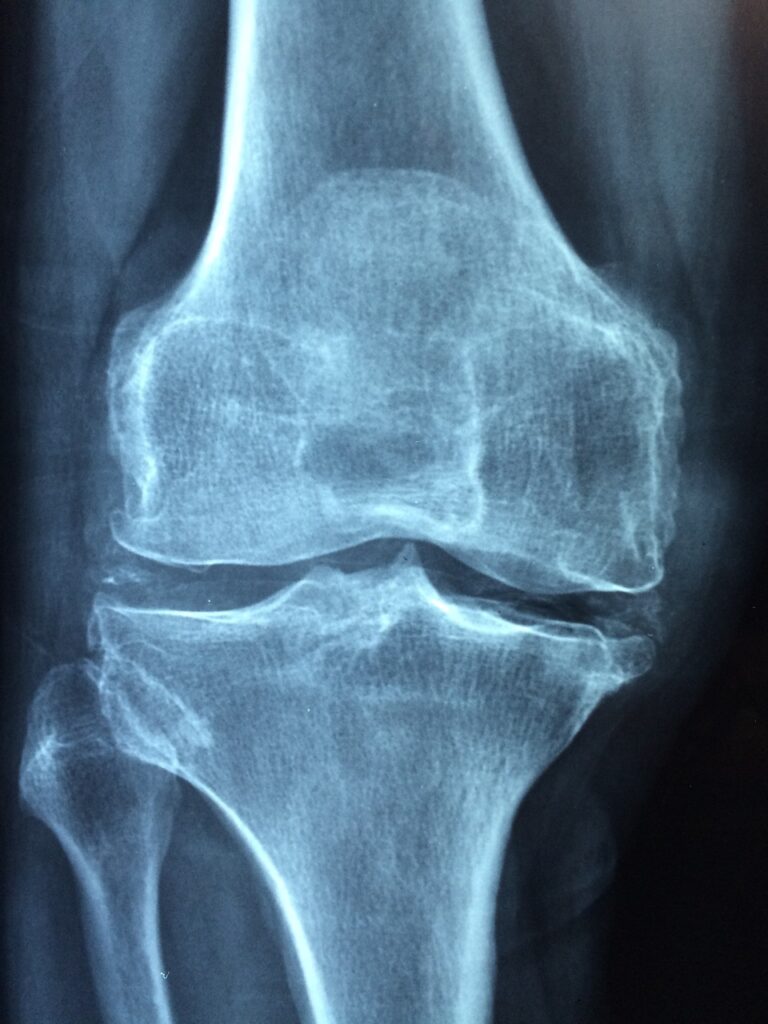One of the basic elements of treating a patient at a hospital who has a suspected fracture is to order X-rays and other imaging to rule out a fracture. Unfortunately, even if the radiologist interpreting the X-ray notes it shows a fracture, patients are sometimes discharged from the hospital and told they do not have a fracture. If this happened to you, you may have a case for medical malpractice against that hospital.
How Do Hospitals Discharge Patients Without Diagnosing a Fracture?
How do you get discharged from a hospital with a diagnosis of no fractures even if X-rays were read as showing you had a fracture? A lot of times it can be due to miscommunication amongst the doctors treating you at the hospital. It may happen because you have multiple injuries, and your attending doctor may focus on and get distracted by one injury to the detriment of the fracture you suffered. Or it may happen because of record keeping and collection issues.
Is Failing to Diagnose a Fracture Considered Medical Malpractice?
Whatever the reason, discharging a patient from the hospital and not letting that patient know he or she has a fracture is very likely going to be considered malpractice, or a breach in the standard of care. However, this is not the only factor that determines whether you have a case.

Another factor is whether your outcome was changed at all due to your fracture not being treated at the hospital. Sometimes fractures do not need much treatment, and just need to heal. An example of this can be a minor rib fracture. Sometimes the delay in treatment of your fracture is not long enough to change your outcome much if at all.
The fracture may also be one which would have needed surgery right away – meaning you will be unable to claim that you could have avoided surgery if the fracture was diagnosed sooner. However, you may still have a case if you can prove you need a more involved and complicated surgery that could have been avoided. Likewise, you may still have a case if there are other future complications you could have avoided if the surgery you needed for your fracture was timely done.
Depending on the fracture type you may have suffered avascular necrosis due to the delay in treating your fracture. This is a disease that results from either the short term or long-term loss of blood supply to a bone and can result in tissue and bone death, and could permanently impact the function of the affected body part.
Your case may also have other economic damages – such as lost wages and outstanding medical bills – beyond just pain and suffering damages.
What are examples of fractures you can be discharged from a hospital with?
You may have suffered a wrist fracture and be discharged from the hospital without ever being told this. A fracture of the scaphoid bone is the most common bone injured in a wrist fracture. Without proper treatment you could have a non-displaced fracture that becomes displaced and begins to lose blood supply which can have devastating consequences on the use of your hand in the future. This is especially so when the delay in diagnosis and treatment spans months. You will also need expensive and complicated surgery you could have avoided if the wrist fracture was immobilized in the hospital.
Another example of undisclosed fractures you can be discharged with are ankle or heel (calcaneus) fractures. These fractures are important to catch and immobilize early because of the significant wear and tare they will undergo from walking around in your day-to-day life. Walking on these fractures for too long can lead to fracture displacement that may require open reduction and fixation surgery. Sometimes you may require fusion surgery which will lead to decreased mobilization of your foot and ankle. If you are diabetic and have diabetic neuropathy, you may suffer Charcot foot due to a delay in treatment of your foot or ankle fracture. Charcot foot is further damage to your foot from walking on it with an injury leading to further complications with the foot and possible need for a foot amputation if those complications are severe enough.
Other examples of fractures you could be discharged with are those to your leg, arm, knee, elbows, and shoulders. Discharging someone and not treating these fractures right away can lead to the same issues we noted earlier – going from a fracture that could have been treated with immobilization or physical therapy to one that now needs major surgery. Missed leg and arm fractures can also lead to misunion or nonunion of the bones. This means the bones did not properly heal and need to be rebroken and repaired in surgery so they heal properly.
A final fracture that you could mistakenly be discharged with from a hospital even though the fracture was seen on imaging are rib fractures. However, unlike the other fractures discussed here, rib fractures typically do not require any special treatment beyond letting the ribs heal. Therefore, even if there was a delay in diagnosing your rib fractures, that delay usually does not change your outcome or the treatment you would have needed.
Can You Recover Compensation for a Missed Fracture Diagnosis?
Your case may also have other economic damages – such as lost wages and outstanding medical bills – beyond just pain and suffering damages.
To determine if you have a case when you are mistakenly discharged from a hospital with a fracture, an experienced medical malpractice attorney will gather and review your records and consult with medical experts. The Thistle Law Firm is experienced in handling these cases. If you believe you were wrongfully discharged from a hospital with a fracture and suffered injuries as a result, the attorneys at The Thistle Law Firm are here to take your call at 215-568-6800.

